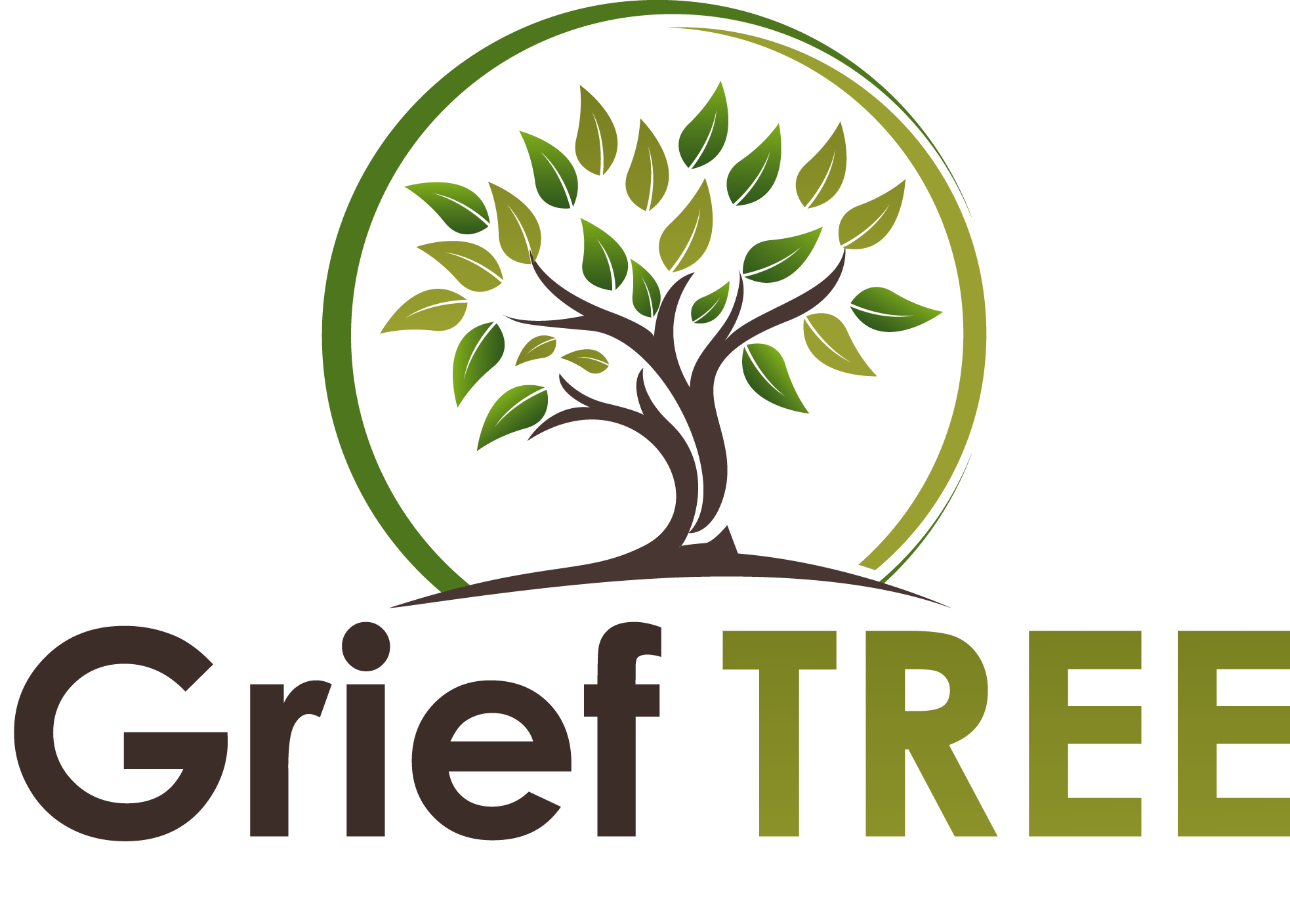What makes self-awareness a useful tool in our mental health tool kit? This blog post will address this question, as well as how can we apply this skill in our daily lives.
Most of us can catch ourselves at some point in time observing or reflecting about our own behaviors, thoughts, and/or emotions. Without understand what we are necessarily doing, we can pay attention as if the action is occurring separate from us. In those moments we are simultaneously witnessing and participating; which can be a way to describe self-awareness. As we choose to become more consciously self-aware, we may find that we can turn on this “observer mode” more easily with practice. But, what could be some of the benefits for taking on this added task and keeping us motivated to do it? Self-awareness has to do with taking responsibility for ourselves. Yes, responsibility is additional work for us to do but, we can also consider it as gaining power over our behavior and satisfaction in being more in charge of how we direct our lives.
Let’s examine 3 ways in which we can practice more self-awareness, such as managing triggers, journaling, and using empowering self-talk, and how each one can be beneficial. When we talk about triggers we can distinguish between identifying what they are and how to work with our trigger response. This is where a healthy coping skill like journaling can serve us in organizing and slowing down our thoughts enough to understand them better. For example, if we identify political discussions as triggering, as we journal about it we can explore what tends to be our reaction and what we would like it to be instead. Because we cannot control other people, our sense of power will come from how we chose to address ourselves at any given situation creating a plan ahead of time. As we work on becoming more self-aware, observing rather than judging, we begin to rely and trust more our inner process. With this shift we can probably also begin to notice the way we talk to ourselves and how this can affect us. Being more self-aware of our self-talk can be a great help in shifting to more empowering ways of referring to ourselves. For example, where we may have said to ourselves in the past something like “You are so dumb, how can you let others push you into doing something you don’t want to do?” We can realize this not the way we want to refer to ourselves because it’s hurtful and disrespectful, and instead change it to something else such as, “I have a hard time saying ‘no’ when people I care about are trying to persuade me, because I want them to accept and love me.”
As we have examined above, many of the changes which can help with being more self-aware to improve satisfaction with our own lives can be subtle. Making the switch itself from identifying with our reactions to separating from them by taking up the role of the observer/witness, will be the first and probably most important step in the process. Hopefully, the added responsibility of being more self-aware will be rewarded in the long term by the satisfaction we feel as we become more confident and trusting of our approach to things, ourselves, and others in general.



